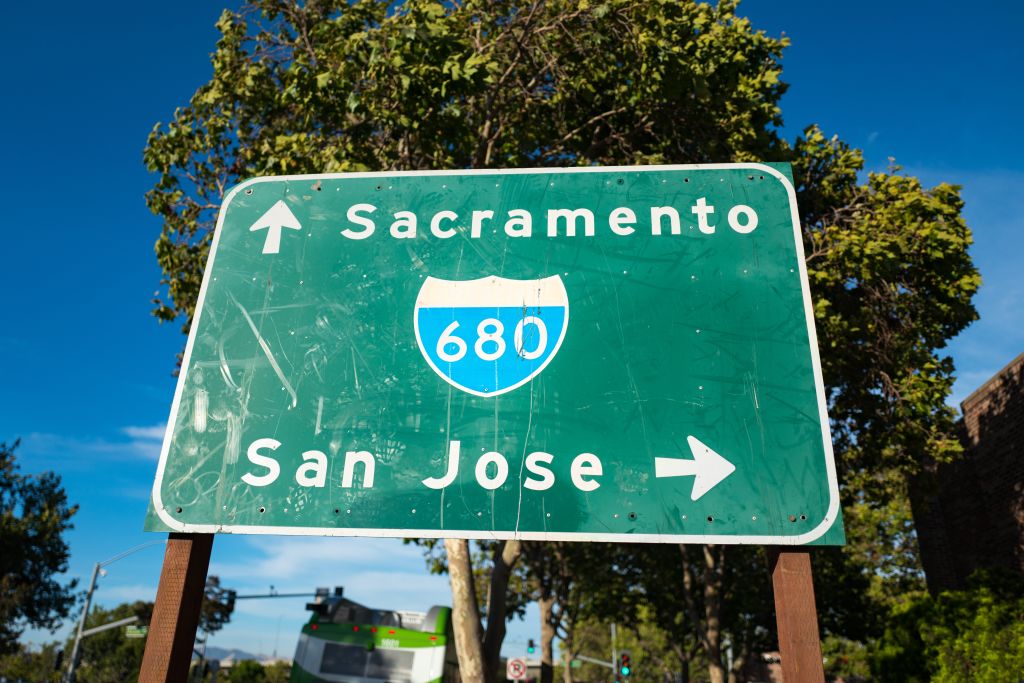San Francisco police arrested Marcel Largaespada on April 30 after a gunpoint robbery at a Lombard Street business, but they couldn’t catch his alleged accomplice, Alan McCahill.
McCahill gave officers the slip, investigators believed, by hopping on a Muni bus.
He was caught days later. To try to place McCahill at the scene, prosecutors subpoenaed the information from his Clipper card, which they believed he’d used to pay his bus fare.
The request for McCahill’s travel record was one of the rare occasions that police or lawyers have sought to use the Clipper card database to track the whereabouts of a cardholder.
According to the Metropolitan Transportation Commission, which administers the card, it has received three search warrants or subpoenas seeking customers’ personal travel information since the card’s inception in 2010. In only one of those cases did the search turn up any relevant travel information, according to the commission’s response to a public records request from The Bay Citizen.
Use of the card, accepted by every major Bay Area public transit system, is soaring with 689,000 transactions a day and more than 1 million active Clipper cards. Many cardholders might not realize that data tracking their every move on public transit is stored on computers and available to anyone with a search warrant or subpoena. Personal data can be stored for seven years after a Clipper account is closed, according to the commission’s policy.
In addition, a new smartphone app, called FareBot, allows anyone to scan a Clipper card and find out where the owner has been.
Local
Privacy advocates say the transportation commission should not store data on individuals’ locations.
“As with all location information, Clipper cards can tell quite a bit about a person – it could show that a person got off BART at a rally,” said Chris Conley, an attorney with the American Civil Liberties Union on Northern California. “Clipper is one place that collects this data that people might not really be aware of.”
John Goodwin, a spokesman for the Metropolitan Transportation Commission, said that three search warrants or subpoenas was a relatively low number and that people’s private information is well protected.
“Absent a subpoena or a search warrant, we would not turn over any information,” Goodwin said.
Transit riders can remain anonymous if they pay for a Clipper card in cash and do not register it, he noted. People who don’t register stand to lose any money on their card if it is lost, stolen or stops working.
As for the new app that scans Clipper cards for travel information, Goodwin said he was “completely unconcerned” because there is “no personally identifiable information on the card.” He said Clipper might even roll out a similar app so people can access their travel history.
In the case of the robbery getaway, prosecutors wrote in the subpoena that McCahill “is believed to have used his Clipper card to escape from police.” But it turned out that the suspect had not used the card to pay his fare – or perhaps had not traveled on Muni at all. The Metropolitan Transportation Commission didn’t have any data related to McCahill’s alleged escape, said Pam Grove, a commission spokeswoman. The case is ongoing.
In another case, an attorney for the family of a man who died after a fall on a Muni Metro train sought Clipper card records to determine which train he was riding. Hin Don, 81, fell after the operator of the M line allegedly jerked the train forward before the elderly man could sit down. Don suffered bleeding in his brain and went into a coma for a month before dying Dec. 25, 2011.
Chuck Geerhart, a lawyer for Don’s family, sued the city. Geerhart said he wanted to depose the train operator, but the city wouldn’t tell him which train or operator was involved. For that reason, he said he subpoenaed Don’s Clipper card information to find out which train he’d been riding. The Metropolitan Transportation Commission handed over the information, and Geerhart plans to depose the train operator.
In the third instance, a San Francisco police officer obtained a search warrant seeking information about the credit card that an unnamed person used to purchase a Clipper card, saying it could help in the investigation of an unspecified felony. The police also asked for “dates and exact times and exact locations where this Clipper card was used.” A police spokesman declined to comment on the warrant. Grove said the transportation commission didn’t have any information to turn over.
Civil rights advocates say there might be few requests for Clipper card information because law enforcement officials have easy access to cellphone location data. Cellphone tracking is on the rise, and police often can get the information without a warrant, the ACLU’s Conley said.
In 2010, California enacted a law limiting the use of data collected on bridges and toll roads through FasTrak devices, but Clipper cards were not included in the legislation.
The FareBot app has been put to use by travelers who want to check their balance or see where they've been. Eric Butler, the software developer behind FareBot, said he was "a little surprised" to find that a person's entire travel history is stored on his or her Clipper card.
"You can read them from some distance, so it is possible that somebody could brush their phone on your back pocket and they could know where you live, where you shop and quite a bit about your life," he said.
View this story on Bay Citizen
This story was produced by The Bay Citizen, a nonprofit, investigative news sources in the Bay Area and a part of the Center for Investigative Reporting. Learn more at www.baycitizen.org.



